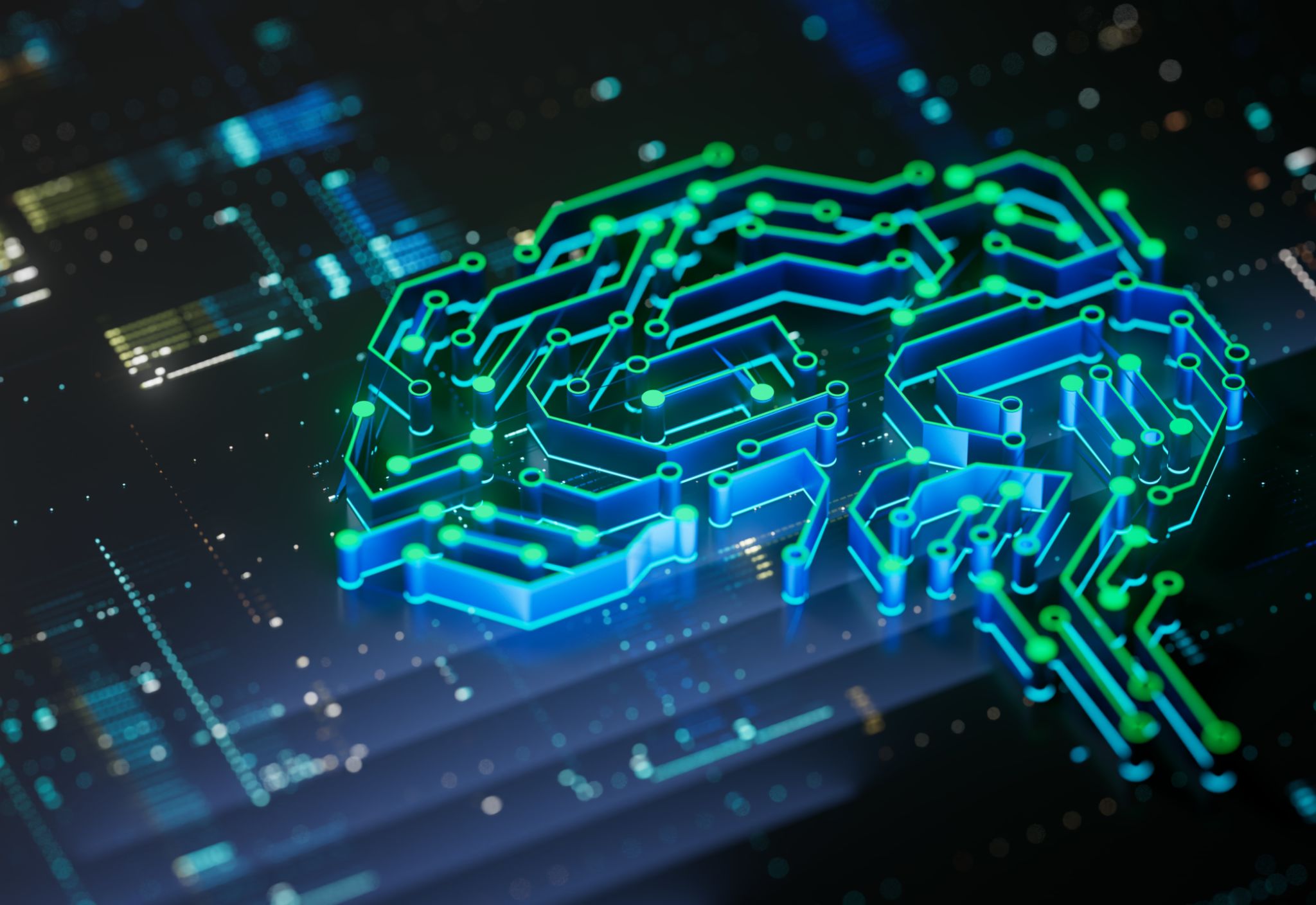AI Trends Shaping the Future of Technology
Introduction to AI Trends
Artificial Intelligence (AI) has become a cornerstone of modern technology, driving innovation across various industries. As we venture further into the digital age, AI continues to evolve, unveiling new trends that are shaping the future of technology. In this blog post, we'll explore some of the most significant AI trends to watch.
AI in Healthcare
The healthcare industry is experiencing a transformative shift with the integration of AI. From early disease detection to personalized treatment plans, AI is enhancing patient care and improving outcomes. Machine learning algorithms can analyze vast amounts of medical data, identifying patterns that may not be immediately apparent to human doctors.

Natural Language Processing (NLP)
NLP is revolutionizing the way humans interact with machines. This branch of AI focuses on enabling computers to understand, interpret, and respond to human language in a meaningful way. Applications of NLP include chatbots, virtual assistants, and language translation services, making communication more seamless and efficient.
The advancements in NLP have led to significant improvements in voice recognition technologies, allowing for more accurate and natural interactions with devices. As this trend continues, we can expect even more sophisticated applications that bridge the gap between human and machine communication.
AI and Cybersecurity
As cyber threats become more sophisticated, AI is playing a crucial role in enhancing cybersecurity measures. AI-driven systems can detect anomalies and potential security breaches faster than traditional methods. These intelligent systems continuously learn from new threats, adapting their defenses to protect against evolving cyberattacks.

Edge AI
Edge AI refers to the deployment of AI algorithms on edge devices, such as smartphones and IoT gadgets, rather than relying on centralized cloud servers. This trend is gaining traction due to its ability to process data locally, reducing latency and improving real-time decision-making capabilities.
By bringing AI closer to the source of data generation, edge AI enables faster and more efficient processing, which is essential for applications like autonomous vehicles and smart city infrastructures.
AI Ethics and Governance
With the rapid advancement of AI technologies, ethical considerations and governance have become increasingly important. Ensuring that AI systems are transparent, fair, and unbiased is crucial for gaining public trust. Organizations are now focusing on establishing ethical guidelines and frameworks to govern the development and deployment of AI.

AI in Creative Industries
AI is not just transforming technical fields; it's also making waves in creative industries such as art, music, and design. Generative AI models can create impressive artworks, compose music, and even design fashion collections. This trend is opening up new possibilities for collaboration between humans and machines in creative endeavors.
Conclusion
The future of technology is being shaped by several key AI trends that are driving innovation across various sectors. From healthcare and cybersecurity to creative industries, AI is proving to be a powerful tool that enhances capabilities and opens up new opportunities. As these trends continue to evolve, staying informed and adaptable will be crucial for businesses and individuals alike.